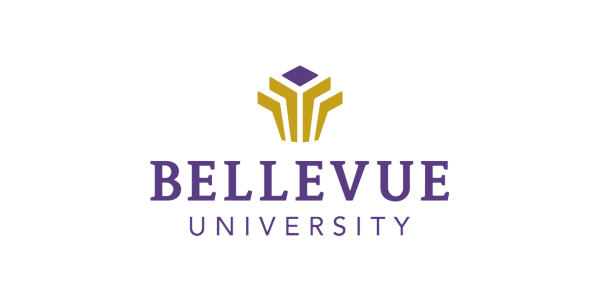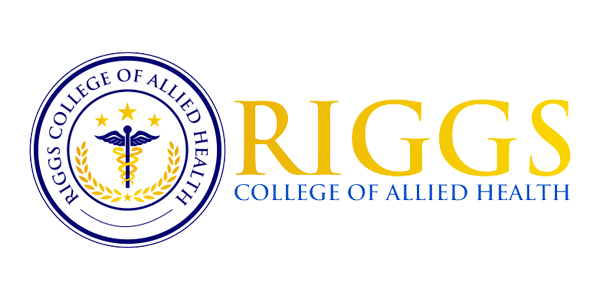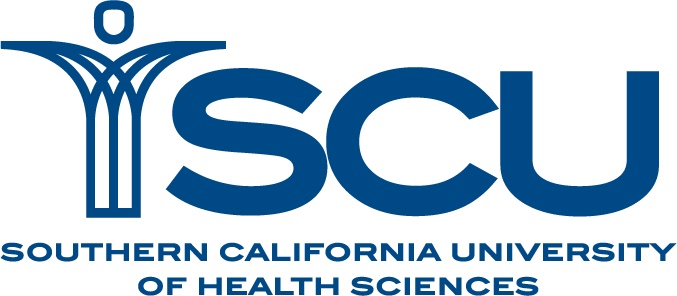Your cart is currently empty!
Ethics
This course explores the academic study of Ethics which includes both theory and practice, the concepts of which have been historically fostered by major theorists who employ philosophical design to form ethical principles for application.
1,597 already enrolled

9 Modules
Gain insight into a topic and learn the fundamentals.
Introduction level
Recommended experience
Flexible Schedule
144 hrs, 16 hrs/wk
This course explores the academic study of Ethics which includes both theory and practice, the concepts of which have been historically fostered by major theorists who employ philosophical design to form ethical principles for application. As you journey through the adventure of examining ethical theories, moral concepts, judgments and reasoning, meta-ethics (value theory, skepticism, naturalistic fallacy, etc.) and basic ethical concepts, you will learn a variety of movements, scholars and systems of ethical understanding. In addition, the course deals with the practical applications of ethics, including those within the realms of corporate and business, social, personal, environmental, medical and professional issues. Rather than a study of “black and white” sets of issues, this ethics course guides students through the process of applying ethical theories, concepts, knowledge and skill to a variety of real-life, practical situations, events and scenarios.
Skills you’ll gain
Writing and Communication Skills
Critical Thinking and Analysis
Research and Information Literacy
Details to know
Shareable certificate
Add to your LinkedIn profile
Assessments
17 Assessments
Taught in English
Taught in English
After completing this course, you will be able to:
- Identify and apply the key attributes, strengths, and weaknesses associated with ethical theories such as natural law, the social contact, deontology, utilitarianism, virtue ethics, egoism, intuitionism, feminism, and existentialism.
- Recognize and distinguish among basic concepts such as justice, rights, values, goods, duties, obligations, morals, and autonomy.
- Identify and distinguish among metaethical concepts.
- Recognize and distinguish among principles of moral deliberation.
- Compare and contrast various non-Western ethical traditions with Western traditions.
- Compare, contrast, and analyze ethical theories discussed.
- Interpret scenarios and narratives concerning social and personal issues, professional and business issues, medical issues, or environmental issues, as well as demonstrate the ability to:
- Identify applications of ethical theories.
- Respond to multiple choice questions by applying ethical theories to scenarios and narratives presented in the textbook.
- Recognize similarities and differences among moral arguments.
- Identify common logical fallacies in a moral argument.
- Evaluate judgements in terms of the basic concepts.
Earn a career certificate
Add this credential to your LinkedIn profile, resume, or CV
Share it on social media and in your performance review

There are 9 modules in this course
Readings come from:
Ethics for Life, 8th edition by Boss, Judith, McGraw-Hill Education. [Available in your Canvas course via McGraw Hill Connect]
- Reading: Chapters 1 and 2
- Assessments: 1 Assignment and 1 Quiz
- Lecture Videos: 3
- Reading: Chapter 3
- Assessments: 1 Assignment and 1 Quiz
- Lecture Videos: 1
- Reading: Chapters 4 and 5
- Assessments: 1 Assignment and 1 Quiz
- Lecture Videos: 2
- Reading: Chapter 6
- Assessments: 1 Assignment and 1 Quiz
- Lecture Videos: 1
- Reading: Chapters 7 and 8
- Assessments: 1 Assignment and 1 Quiz
- Lecture Videos: 2
- Reading: Chapters 9 and 10
- Assessments: 1 Assignment and 1 Quiz
- Lecture Videos: 2
- Reading: Chapter 11
- Assessments: 1 Assignment and 1 Quiz
- Lecture Videos: 1
- Reading: Chapter 12 and Afterward
- Assessments: 1 Assignment and 1 Quiz
- Lecture Videos: 1
Recommended for you!

American Government
This time we will build an e-commerce application with the Laravel PHP Framework and the Flutter SDK. Laravel makes…
Jimmy Chairperson
$321

College Algebra
Ready or not, English is the language of business globally. In addition to communicating, if you can master it well…
Leon Delaney
$273

Developmental Pyschology
When building an application, before we publish it, we need to do usability-testing first. The goal is to make sure the flow, design…
Dasha Thikomirova
$185
Where Learning Begins





























Frequently Asked Questions
You will find here the answers to the frequently asked questions and our community guidelines, which allow us to study in a motivating and secure environment
-
What degrees can Distance Learning System’s ACE course credits transfer to?
Distance Learning Systems has over 30 University and College affiliations which guarantee credit transfer to over 500 degree programs. DLSI and our network of colleges/universities have agreed upon courses that transfer to the college’s degree programs. With that said, the courses you take at DLSI will be determined based on the degree and affiliate school that is chosen by the student. Our Program Administrators will guide and advise you on the selection of degree programs, affiliate schools, and courses needed. DLSI is able to guarantee course transfer due to the agreements in place with our network of colleges and universities. If your college/university of choice is not among our affiliate list, credits can transfer into non-affiliate schools based on their ACE transfer policy. To see the degrees offered through Distance Learning Systems click here – [invalid URL removed]rn
Where are college and university affiliate sites located?
Lorem Ipsum is simply dummy text of the printing and typesetting industry. Lorem Ipsum has been the industry’s standard dummy text ever since the 1500s, when an unknown printer took a galley of type and scrambled it to make a type specimen book. It has survived not only five centuries, but also the leap into electronic typesetting, remaining essentially unchanged. It was popularised in the 1960s with the release of Letraset sheets containing Lorem Ipsum passages, and more recently with desktop publishing software like Aldus PageMaker including versions of Lorem Ipsum.
Can we provide a map of the list of sites?
Lorem Ipsum is simply dummy text of the printing and typesetting industry. Lorem Ipsum has been the industry’s standard dummy text ever since the 1500s, when an unknown printer took a galley of type and scrambled it to make a type specimen book. It has survived not only five centuries, but also the leap into electronic typesetting, remaining essentially unchanged. It was popularised in the 1960s with the release of Letraset sheets containing Lorem Ipsum passages, and more recently with desktop publishing software like Aldus PageMaker including versions of Lorem Ipsum.rnrn
What should I do if I can’t log in to Canvas?
Lorem Ipsum is simply dummy text of the printing and typesetting industry. Lorem Ipsum has been the industry’s standard dummy text ever since the 1500s, when an unknown printer took a galley of type and scrambled it to make a type specimen book. It has survived not only five centuries, but also the leap into electronic typesetting, remaining essentially unchanged. It was popularised in the 1960s with the release of Letraset sheets containing Lorem Ipsum passages, and more recently with desktop publishing software like Aldus PageMaker including versions of Lorem Ipsum.